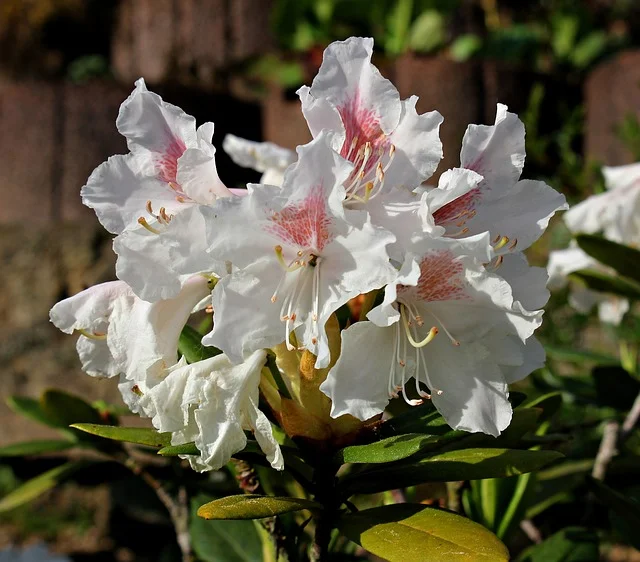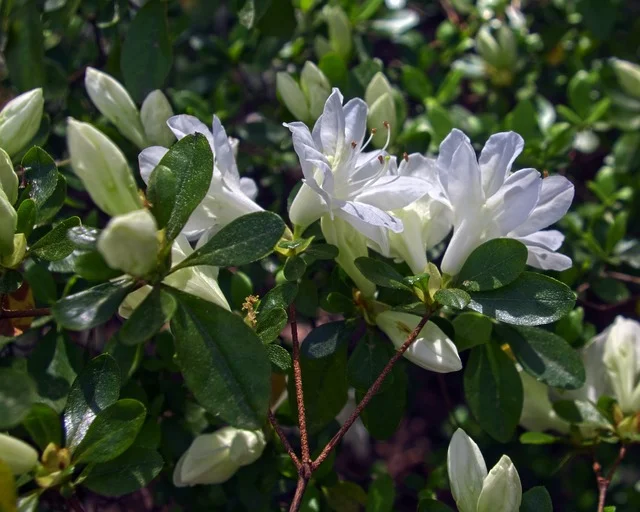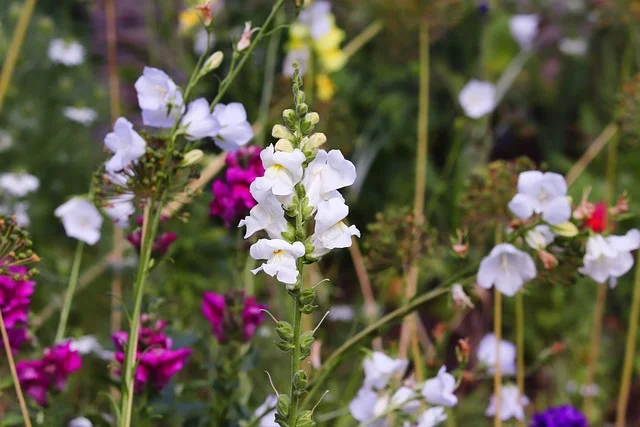Best Use Coffee Grounds for Plants
Table of Contents
Coffee grounds aren’t just a kitchen byproduct; they’re also a beneficial resource for the garden! Rich in nutrients and organic matter, coffee grounds can provide a natural boost to many plants. However, to use them effectively, it’s essential to understand how to apply them and which plants will benefit. Here’s a guide to making the most out of coffee grounds in your garden.

1. Understanding the Benefits of Coffee Grounds
- Nutrient-Rich: Coffee grounds contain nitrogen, which promotes healthy foliage growth, along with small amounts of phosphorus and potassium that support overall plant health.
- Improves Soil Structure: Adding coffee grounds to the soil enhances its structure, boosting drainage and aeration for root growth.
- Attracts Earthworms: Earthworms are drawn to coffee grounds, and their tunneling action naturally aerates the soil while their castings enrich it.
2. How to Use Coffee Grounds in the Garden
- As Mulch: Sprinkle coffee grounds around plants to form a light layer of mulch. Make sure not to apply too thickly, as it can compact and create a barrier to moisture and air.
- In the Compost Pile: Coffee grounds are a “green” compost material, adding nitrogen to the mix. Balance them with “brown” materials like leaves or straw to create nutrient-rich compost.
- Direct Soil Amendment: Mix used coffee grounds directly into garden soil. Aim for a 1:3 ratio (one part coffee grounds to three parts soil) to avoid creating overly acidic soil conditions.
- Making Liquid Fertilizer: Steep coffee grounds in water for 24 hours to create a mild liquid fertilizer, ideal for watering plants that love a slight acidity boost, such as tomatoes and roses.
3. Which Plants Benefit Most?
While coffee grounds aren’t particularly acidic after brewing, some plants benefit more than others. Here are a few that thrive with coffee grounds:
- Acid-Loving Plants: Blueberries, azaleas, and hydrangeas may respond well to coffee grounds.
- Nitrogen Lovers: Leafy greens, roses, and root vegetables appreciate the nitrogen coffee grounds provide.
- Flowers and Shrubs: Many ornamental plants like rhododendrons and roses enjoy a bit of added organic matter.


4. Things to Avoid
- Too Much Coffee: Excessive coffee grounds can alter soil pH and potentially inhibit plant growth, so use them in moderation.
- Sensitive Plants: Some plants, like seedlings, don’t respond well to coffee grounds due to the caffeine content, which can be harmful in large amounts. Avoid adding coffee grounds near young or delicate plants.
5. A Note on Pest Control
Coffee grounds may deter pests like slugs, as they dislike the texture and smell. Sprinkle grounds around plants prone to slug damage to help create a natural barrier.

By following these tips, you can recycle coffee grounds and enrich your garden at the same time. Coffee grounds add valuable organic matter, enhance soil health, and even offer mild pest protection, making them an excellent choice for gardeners looking for eco-friendly solutions.


Leave a Reply